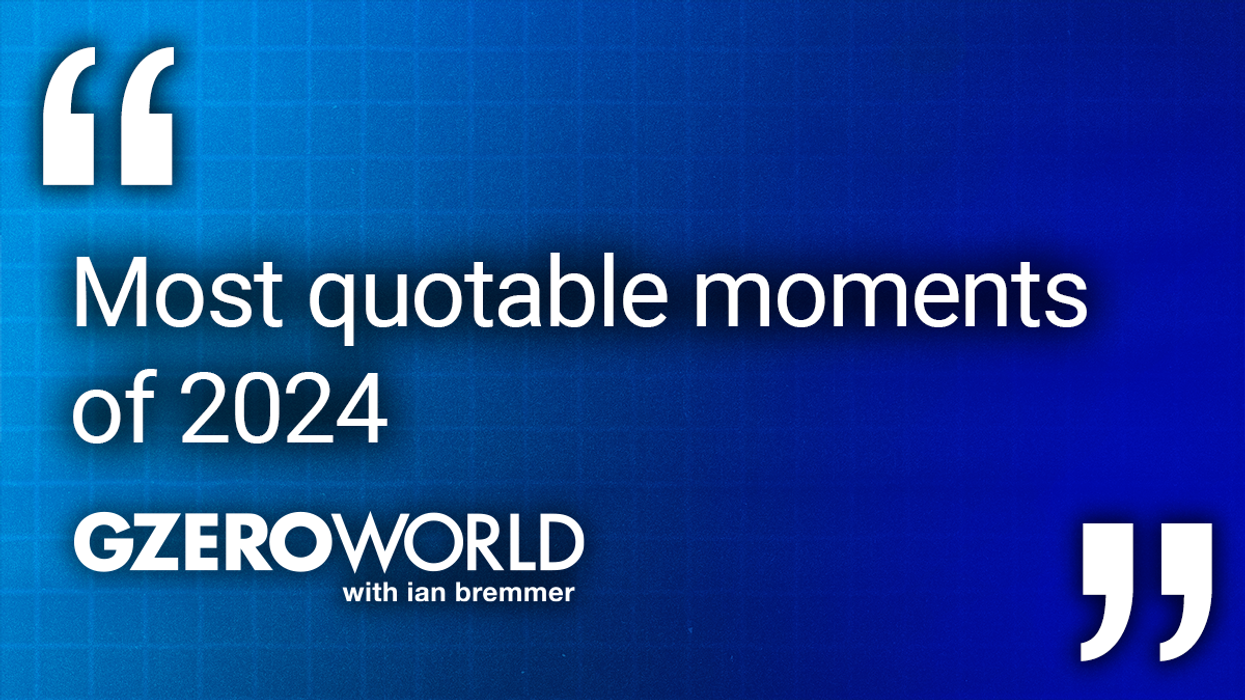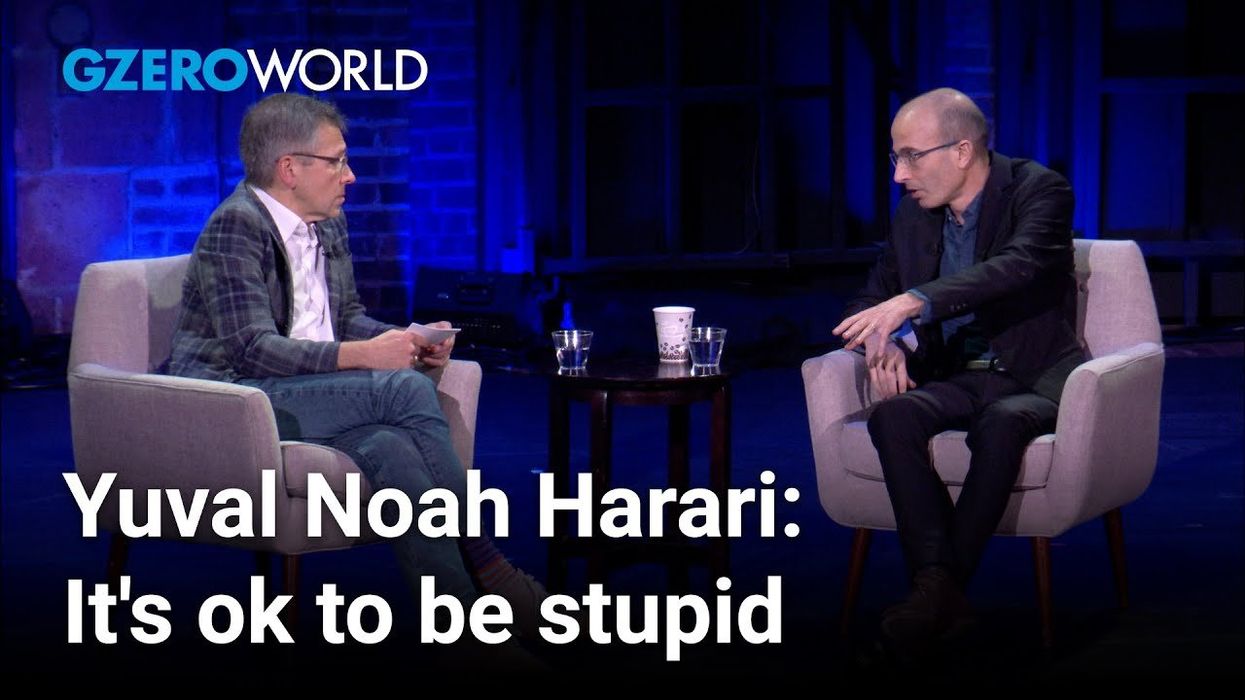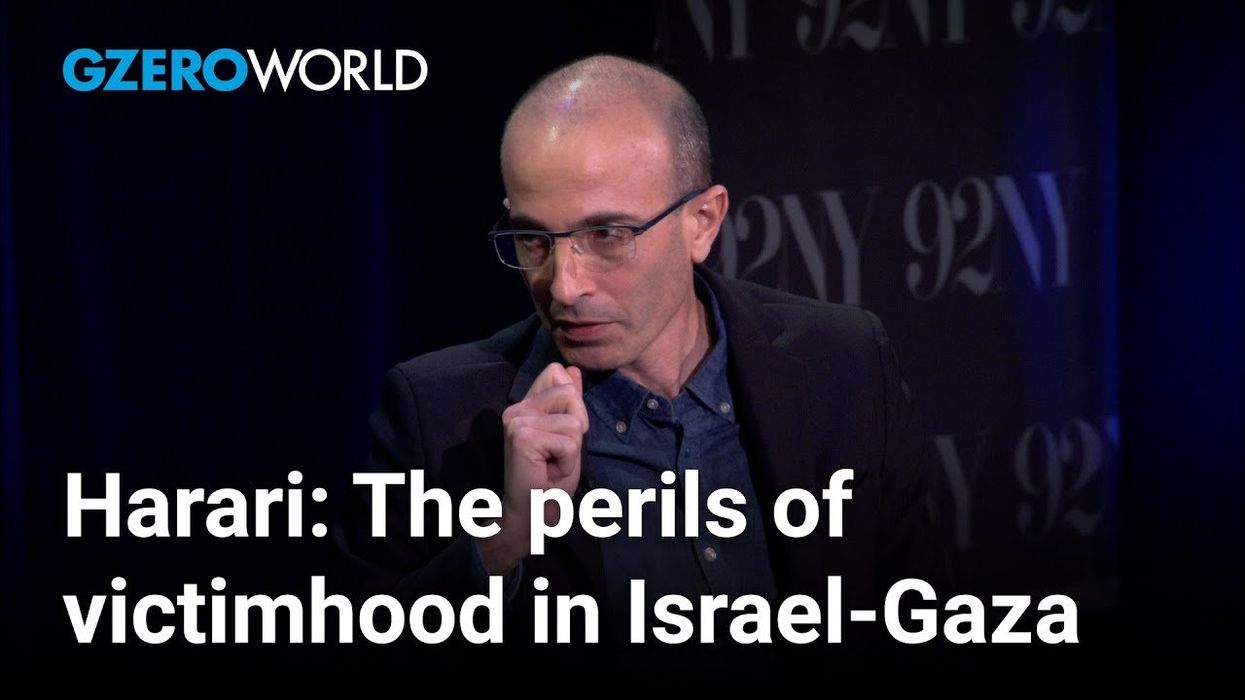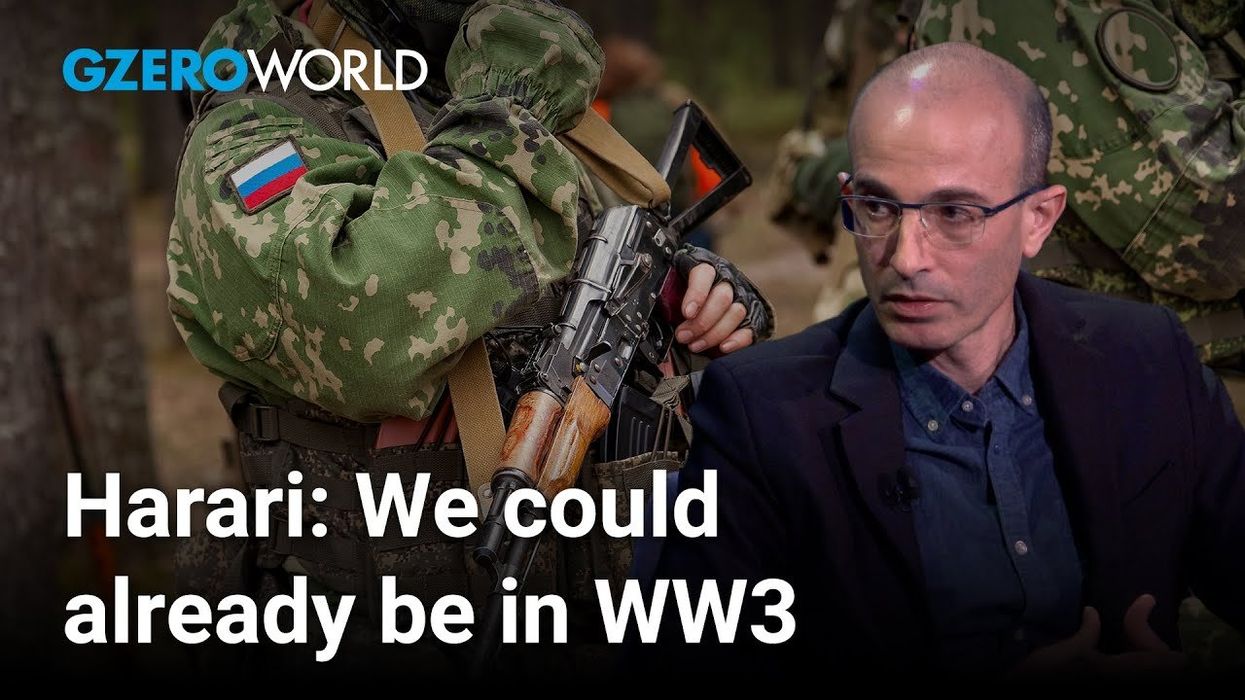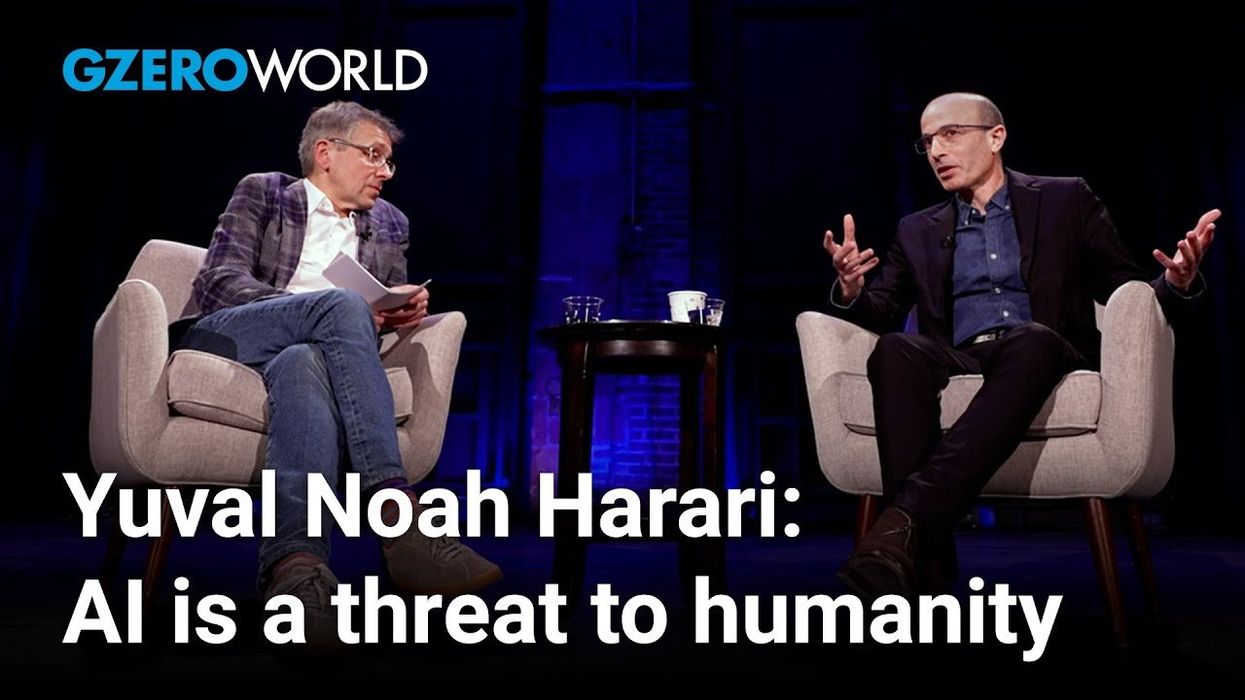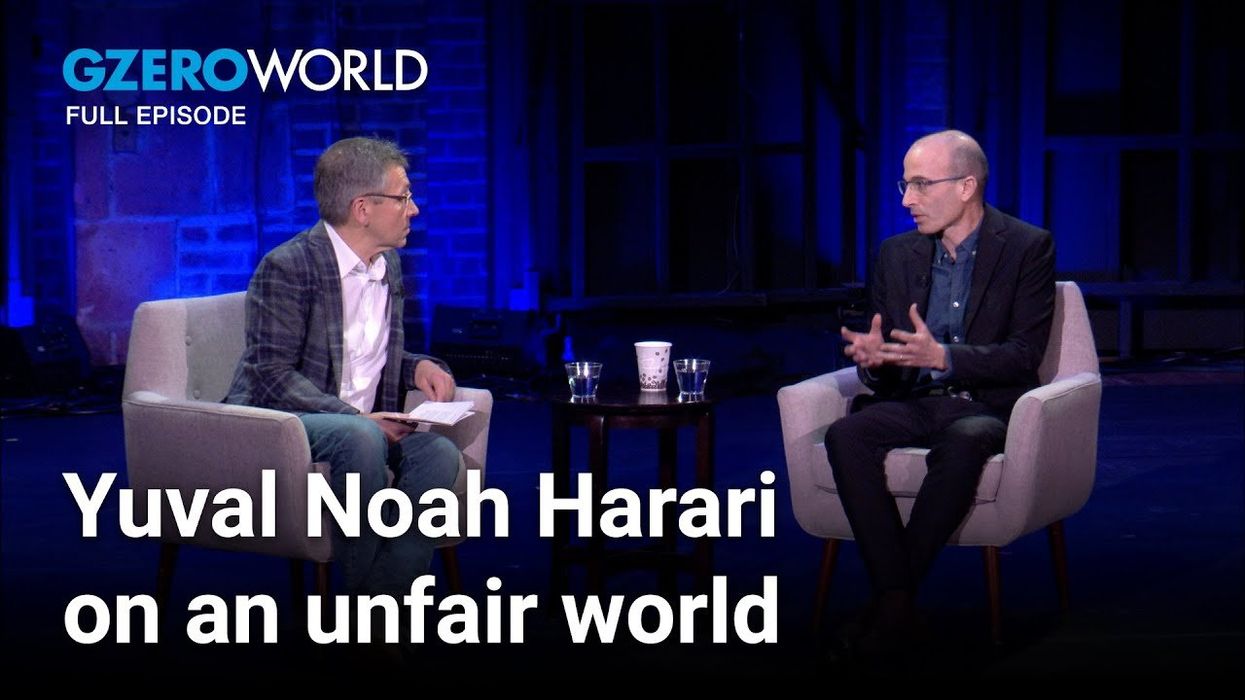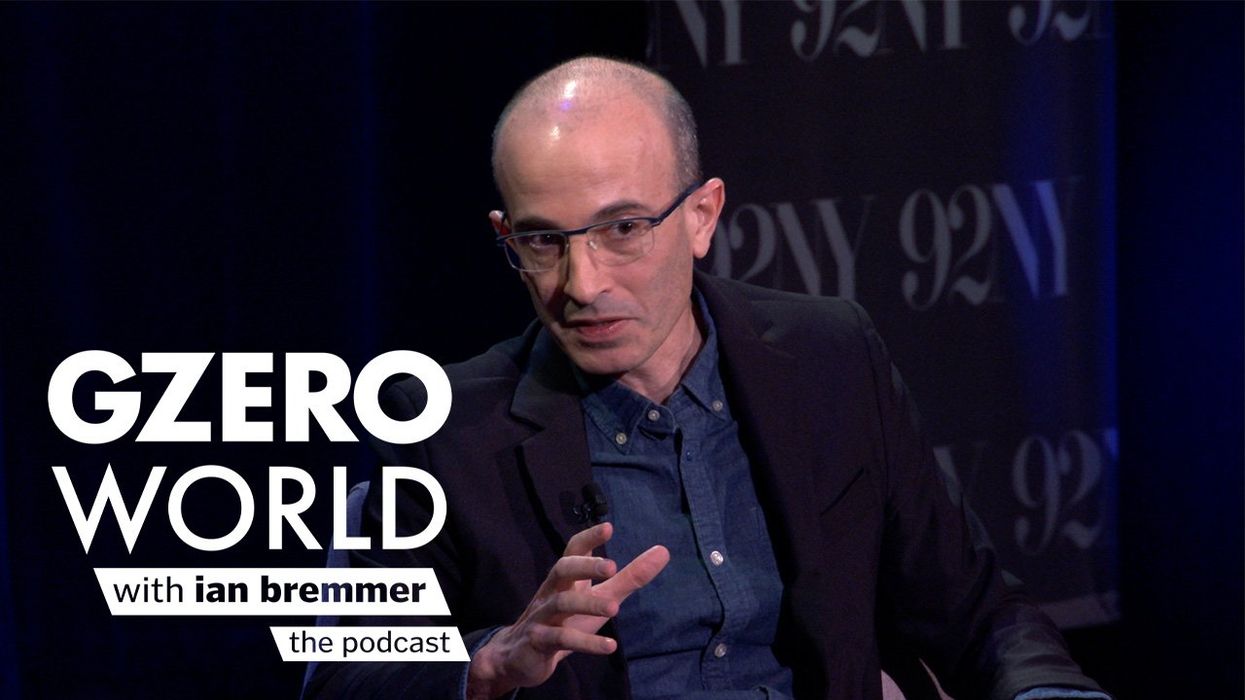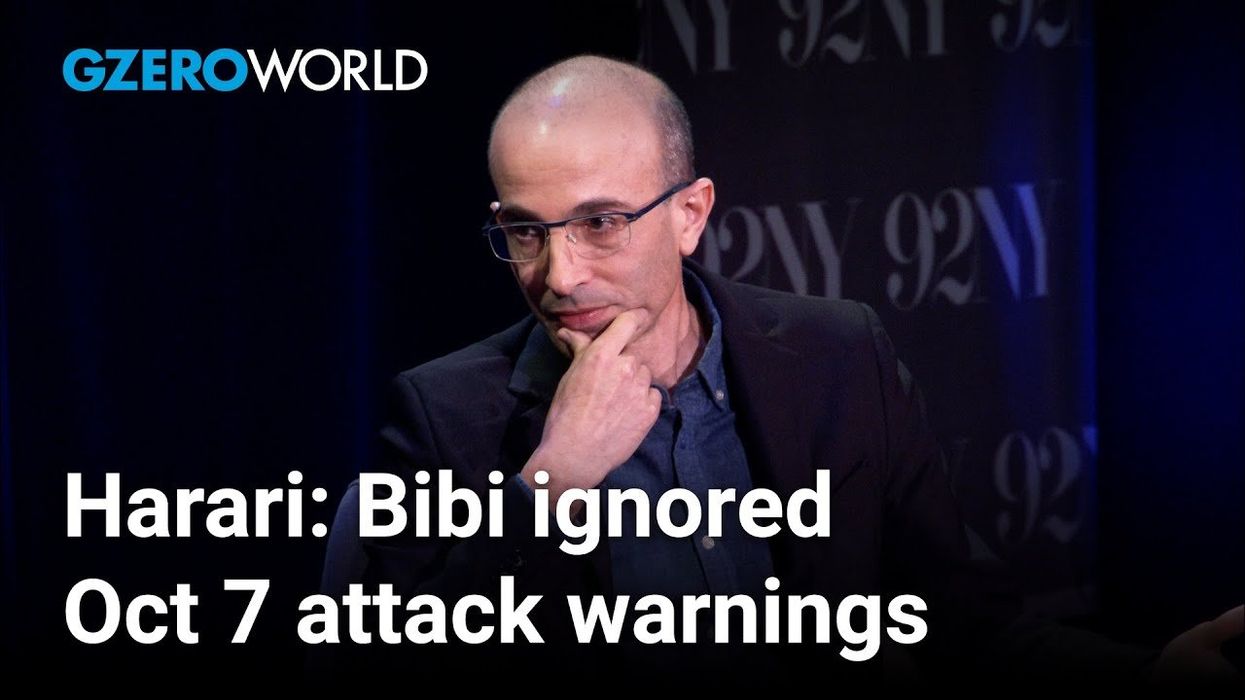News
10 memorable quotes on GZERO World with Ian Bremmer in 2024
On our award-winning weekly global affairs show GZERO World, Ian Bremmer explains the key global stories of the moment and sits down for in-depth conversations with the newsmakers and thought leaders shaping our world. Here’s a look back at the 10 most quotable moments from this year’s episodes.
Dec 15, 2024
